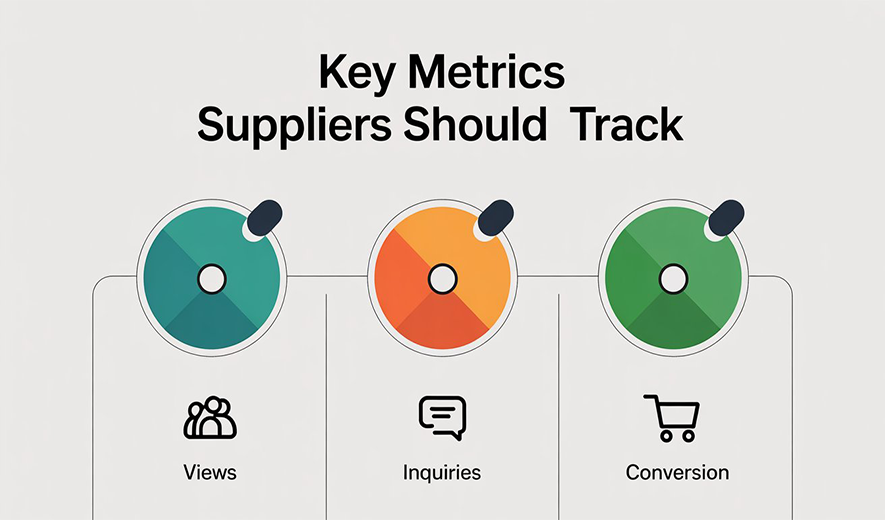
Modern Tools for Accounting & Auditing
Modern accounting and auditing rely on advanced software and emerging technologies to automate tasks, improve accuracy, and provide deeper insights than traditional, manual methods. These modern tools move finance professionals away from manual data entry toward a more strategic, advisory role.
Cloud-based accounting software
Cloud solutions host accounting data on secure, remote servers, enabling businesses to manage finances from anywhere, on any device.
-
Benefits:
- Real-time visibility: Financial dashboards and reports are constantly updated, giving businesses an accurate, up-to-the-minute view of their financial health.
- Automation: Key features include automatic bank reconciliation, expense tracking, and invoice processing, which reduce time-consuming manual effort and minimize human error.
- Scalability: Cloud-based software can grow with a business, handling larger transaction volumes and offering additional features as needs evolve.
- Collaboration: Multiple users can be granted access with customizable permissions, facilitating easier collaboration between teams and external accountants.
Artificial intelligence (AI) and machine learning (ML)
AI and ML are revolutionizing accounting by taking on complex and repetitive tasks that require analysis and learning.
-
Benefits:
- Enhanced fraud detection: AI can analyze vast amounts of data to detect anomalies and suspicious transactions much faster than a human, strengthening financial security.
- Predictive analytics and forecasting: AI algorithms can analyze historical data to forecast financial trends and predict cash flow needs, enabling better strategic planning.
- Document intelligence: AI uses optical character recognition (OCR) to extract and categorize information from financial documents automatically.
Data analytics
Auditing is being transformed by the use of data analytics to examine vast datasets and find patterns, inconsistencies, and potential issues that would be missed with manual sampling.
-
Benefits:
- Improved risk assessment: By analyzing trends and patterns across large datasets, auditors can better focus their efforts on high-risk areas.
- 100% data verification: In some cases, data analytics tools can be used to test every transaction, rather than a limited sample, which dramatically improves audit quality.
- Visual reporting: Complex data can be turned into easy-to-understand visual dashboards, helping both auditors and clients see trends and correlations clearly.
Blockchain technology
While still in development for widespread use, blockchain offers a decentralized, transparent, and immutable digital ledger with the potential to transform accounting and auditing.
-
Benefits:
- Immutable records: All transactions recorded on a blockchain are permanent and unchangeable, which enhances data integrity and security.
- Triple-entry accounting: This system adds a cryptographically sealed third entry to every transaction on the blockchain, providing a single, indisputable source of truth that simplifies audits.
- Streamlined auditing: The immutable and transparent nature of blockchain can dramatically reduce audit time and costs by allowing real-time verification of transactions.
Audit management software
These tools help internal and external auditors manage the entire audit lifecycle, from planning and execution to reporting.
-
Benefits:
- Workflow management: Automation for tasks like risk assessments, compliance management, and issue tracking streamline the audit process.
- Centralized data: A single repository for all audit-related documents and evidence simplifies access and historical tracking.
- Real-time reporting: Dynamic dashboards provide real-time insights into audit progress and compliance status.
